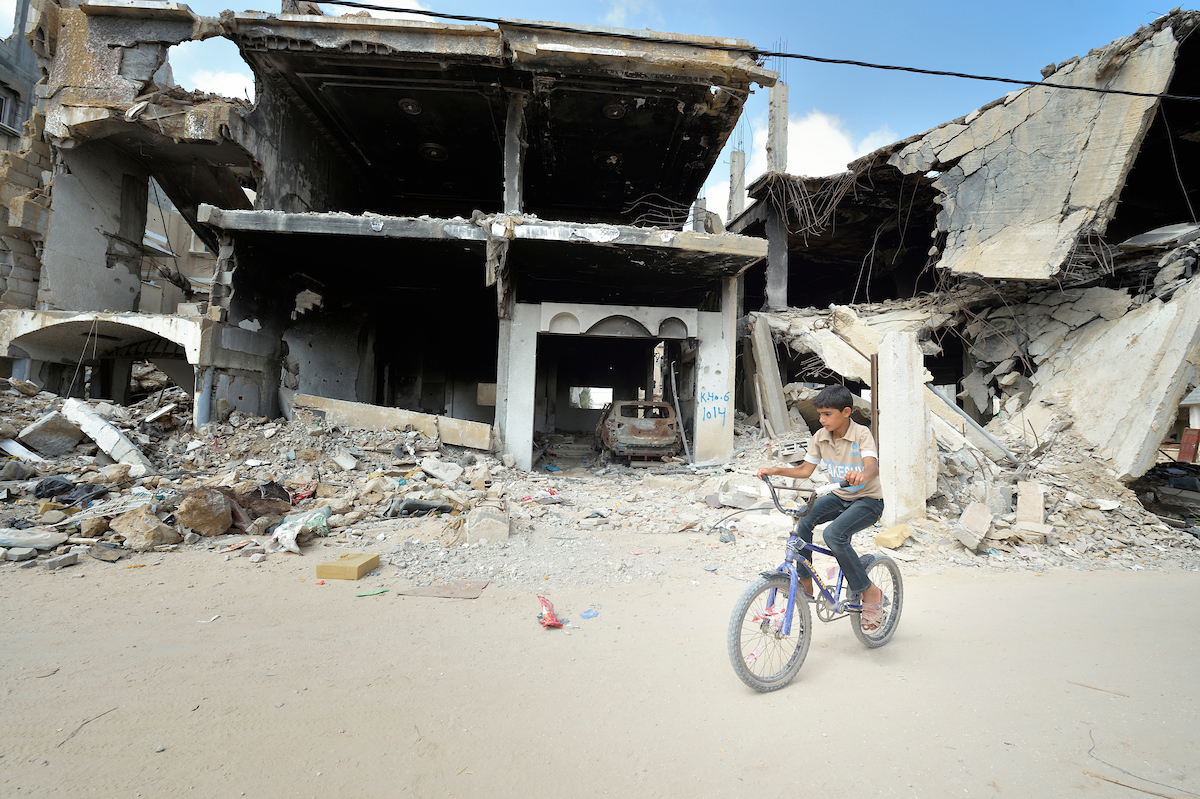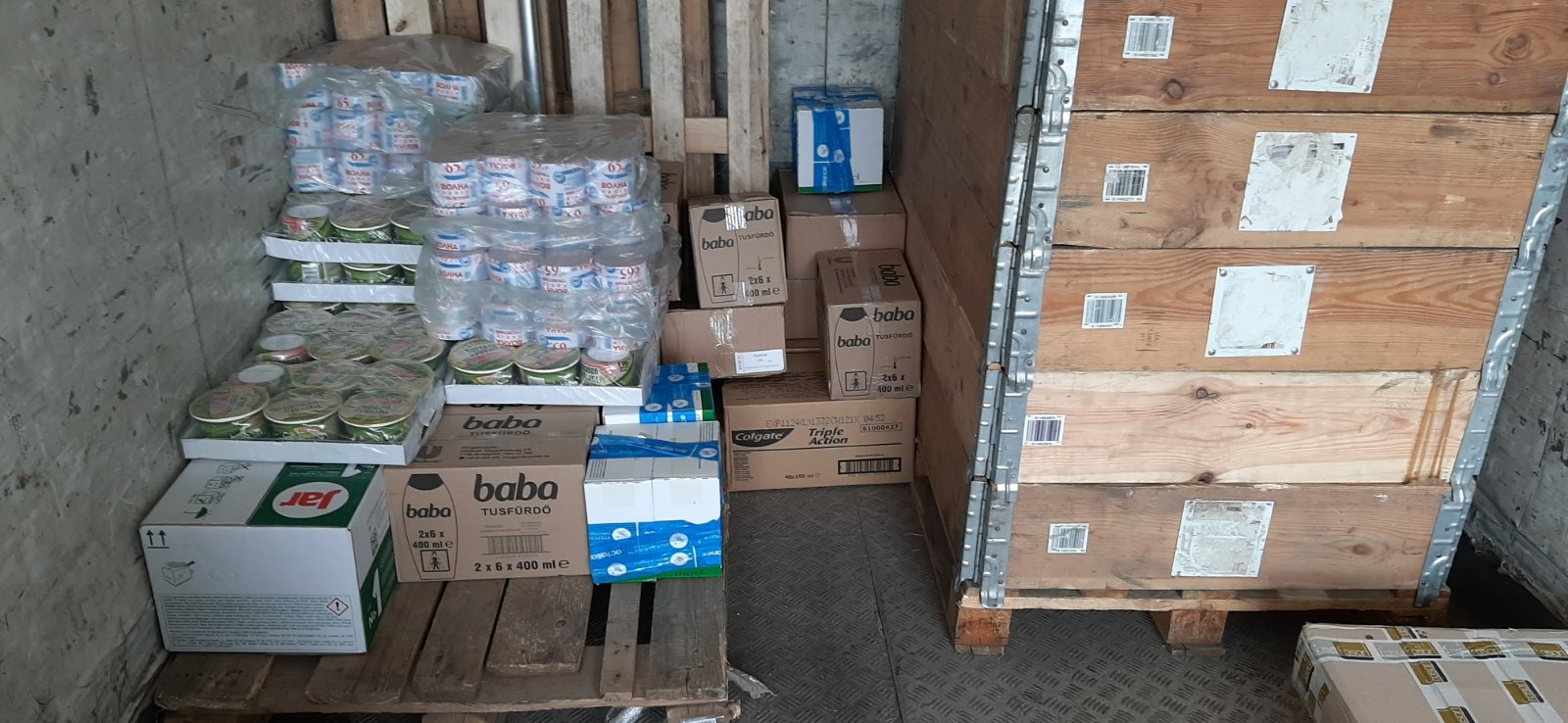“I screamed at my husband to get up and run outdoors with the children as the earthquake struck at 1:30 AM,” said Raamineh.
Raamineh rushed outside carrying two of her children. She went back inside and managed to bring out three more of her children. “The roof collapsed and my husband and one son died under the rubble. After the earthquake, I started to dig through the rubble to find my husband and son. There was no help as everyone was searching for their loved ones under the debris. My brothers, who came for my rescue, lost their children in the earthquake too. But they helped me in recovering my husband and son’s lifeless bodies after six hours of digging.”
Raamineh saved two of her sons and three daughters. “One of my sons is severely injured. We lost all the cattle we owned, our home and belongings in the earthquake. I am left with nothing. I do not have any financial support to treat my injured son.”
Raamineh lived in Osam Rogha village of Giyan district with her husband and six children. Her husband worked as a labourer who earned a daily income of AFN 300 (Approx. USD 3.4) whenever he managed to find work. “Life was challenging enough before the earthquake struck. As our income did not meet our eight family members’ needs, it was tough to get through each day. There are no schools in the area. In the morning, my children would attend the madrassa. They would travel to the mountains once they got home to gather wood to use as fuel.”
Osam Rogha has witnessed a death toll of over 15 people after the earthquake. The affected families were provided with AFN 500 by the government. In addition, some humanitarian organisations provided the families basic food supplies, such as bread and biscuits. “We are in need of food, shelter and healthcare for the injured. As we reside in a remote area, there is little help till now,” added Raamineh sadly. “Our houses need to be rebuilt as the winters are approaching and we have to keep our children warm. There is nothing left here, only the injured.” Giyan and Barmal are the two districts which were severely affected by the earthquake. The districts are located alongside the Durand line, where access to transportation and health facilities is restricted. More than 3,000 houses have been destroyed in the earthquake that shook southeast Afghanistan.
This article is re-posted from Community World Service’s website


